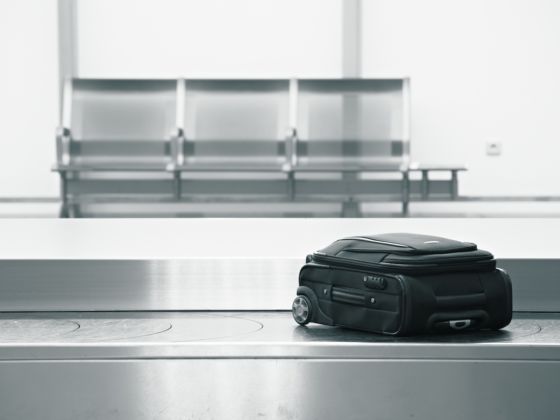Airlines have us pretty beat down. As seat sizes have shrunk, fees have gone up, and service has become abysmal, we now just accept getting screwed over as part of the air travel experience, like Biscoff cookies and safety demonstrations.
For example: Let’s say you’re one of those crazy people who still checks a bag, and it didn’t show up with you on your big ski trip to Steamboat Springs. You’re now stuck in a strange city with nothing but your laptop and a couple of Clif bars but still have a big day of skiing set for the next morning. Not wanting to hit the slopes in the t-shirt and warm-ups you wore on the plane, your only option is to go out and buy some new ski clothes — which, as anyone who’s ever skied knows, aren’t cheap.
